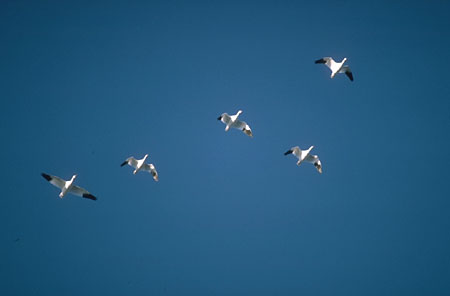| LITR 5738: Literature of Space & Exploration |
|

Sample Student Poetry Presentation 2002
26
February:
Poetry: Percy Shelley (1792-1822), “Ozymandias” (1818)
Reader
/ discussion leader: Jane
Ftacnik
Discussion
notes recorder: Kelly Tumy
Written during the Romantic Period during a time when
Nature was glorified, even the horrific elements of nature were something of
which to be in awe. This poem can
be seen as Shelley’s last grasp at Romanticism.
This poem can be interpreted on many levels:
narrative structure and the three narrators, as an example of the classic
sublime in nature, but also as a study in irony (lines 12-14).
It is a poem of desert exploration where nature is not
seen as positive but instead as incredible and destructive.
This is where the sublime came in.
Discussion questions:
- How does this relate to Robyn Davidson’s personal struggle?
Class Response: It seems to have the element of pride in it just as Davidson’s pieced did, but also a certain amount of futility in the ‘adventure.”
- Where is the sublime?
Class response: This is where we spent the majority of the discussion. Many students used this topic in the midterms as well. Dr. White commented that “Pride goeth before a fall” and this evokes the sublime, this impressive and threatening end to something. Samantha McDonald shared about the Mayan civilization and how huge the populations were and now they are gone—an sublime notion as well. Dr. White reminded us that Shelley was writing during the Napoleonic Wars and he found the Rosetta Stone and was consumed at times with the past just as many of the Romantic poets were. nature seems to overcome any human ambitions. We see this as a theme in many of the pieces we read this semester.
- Are there any Gothic elements to this poem?
